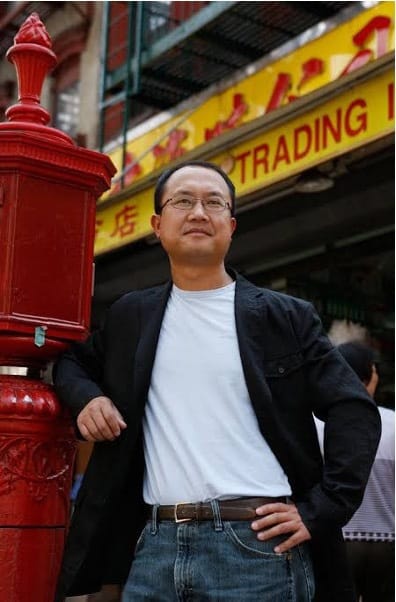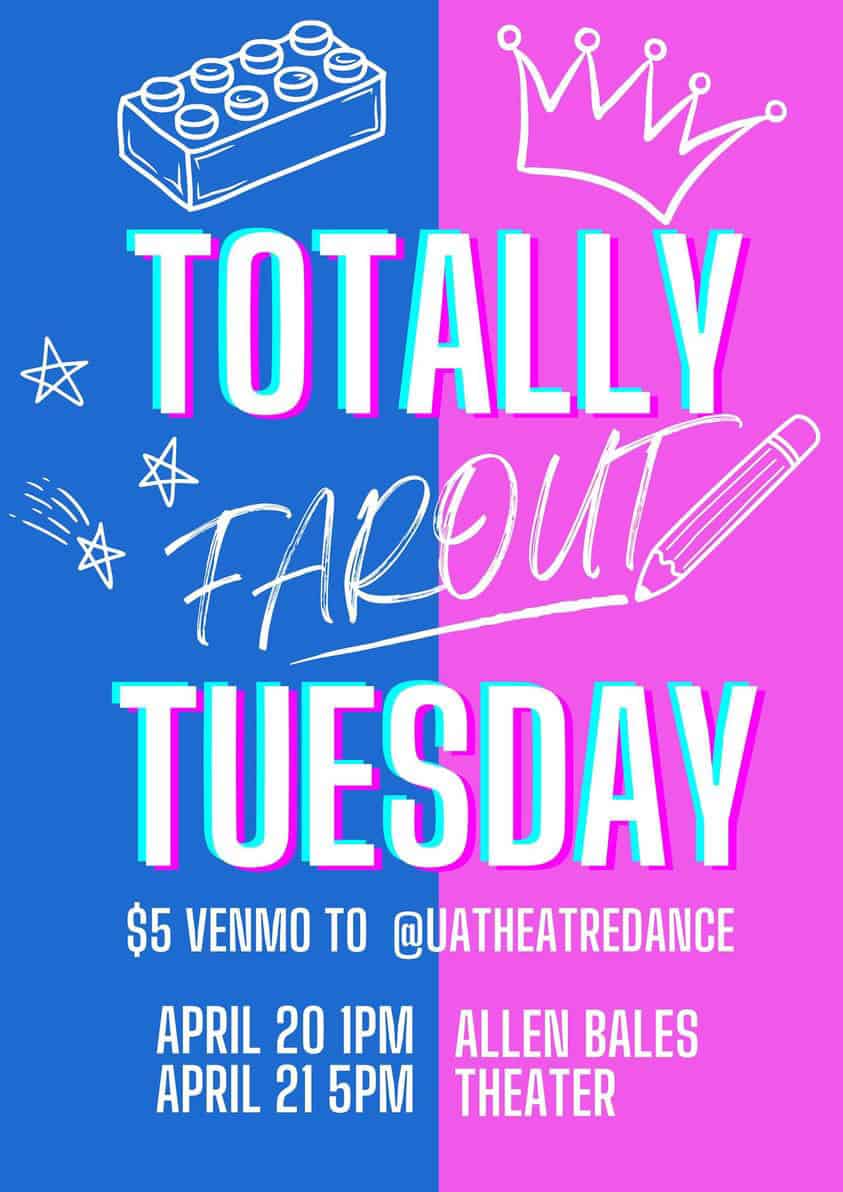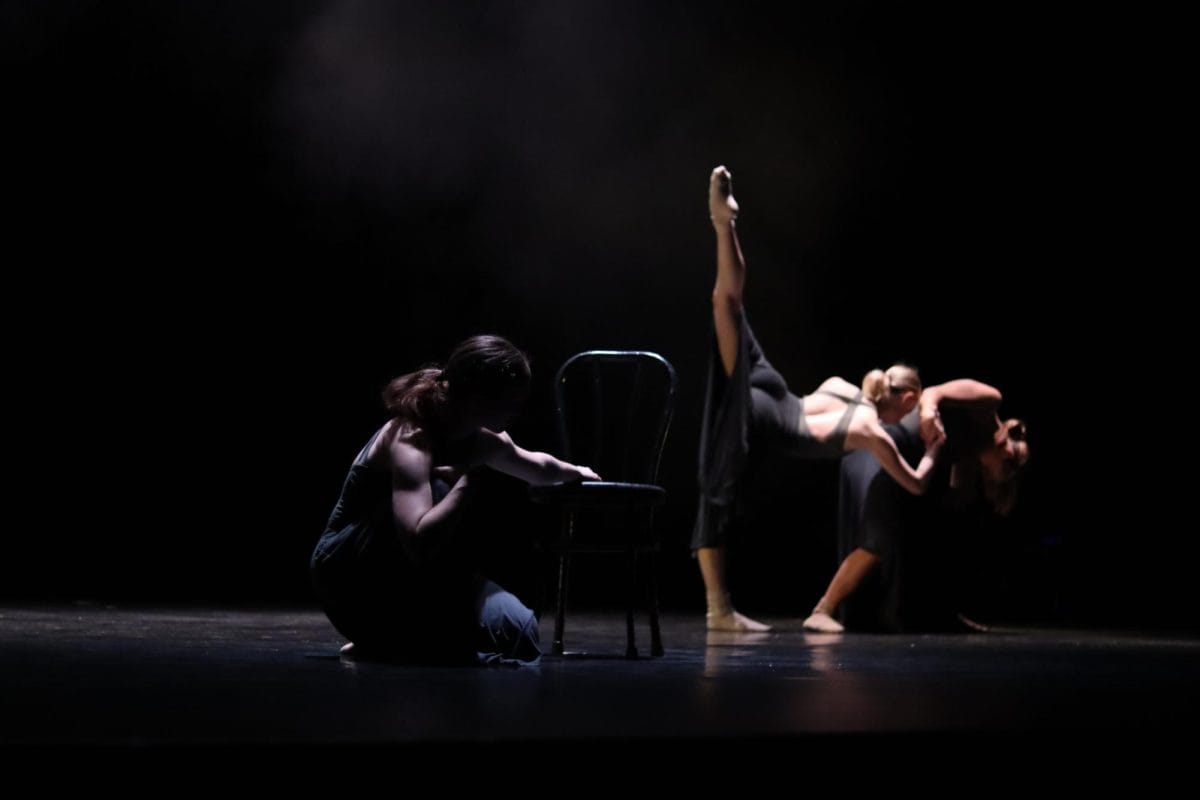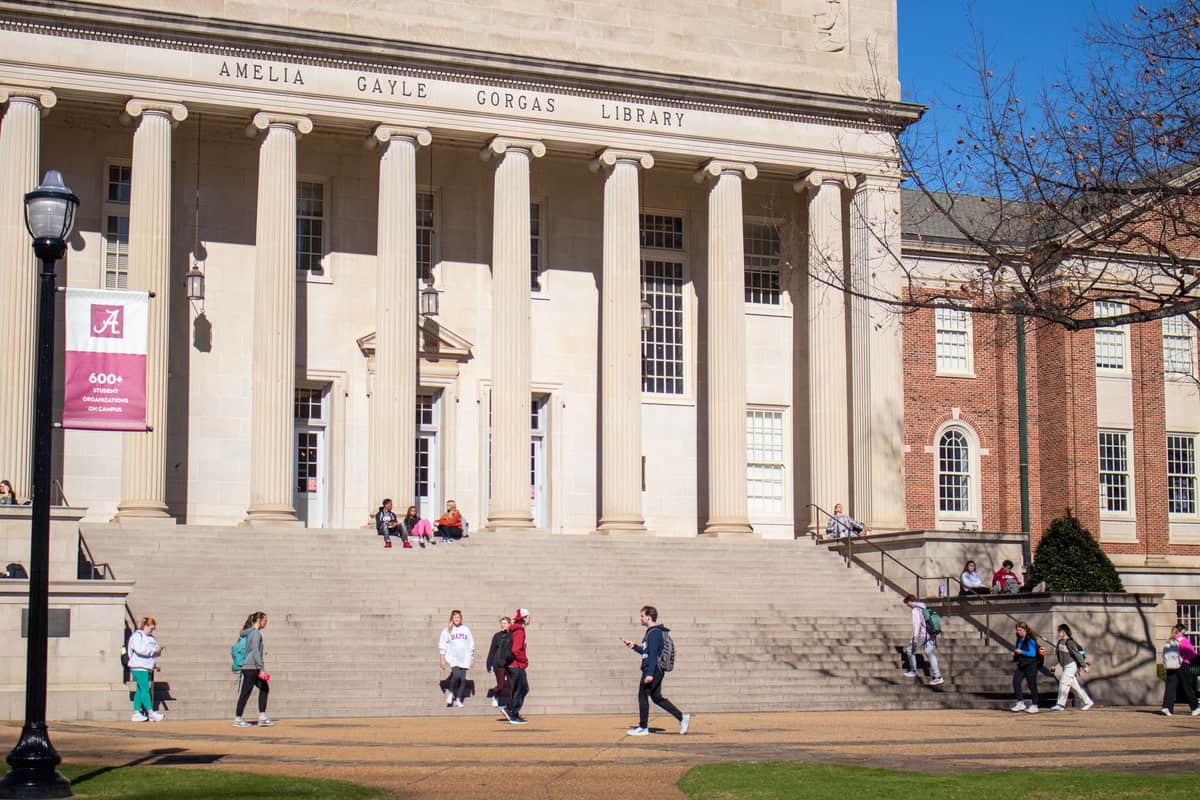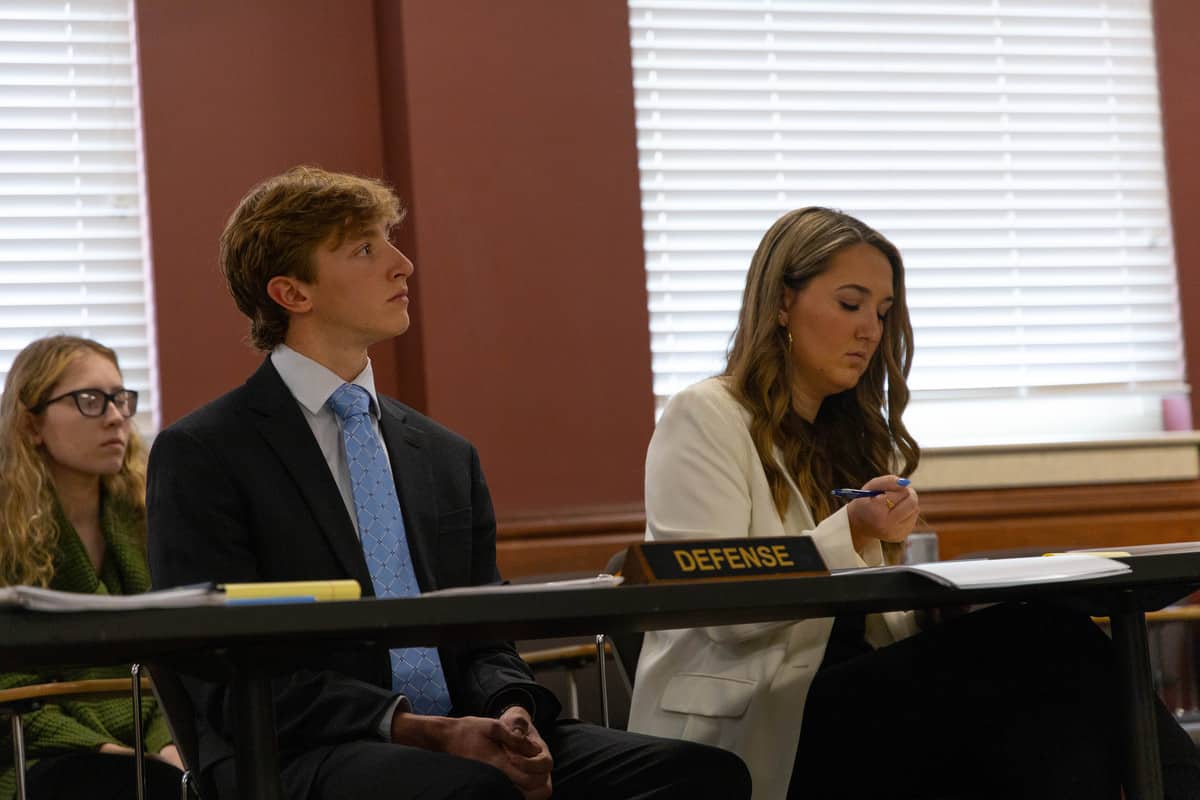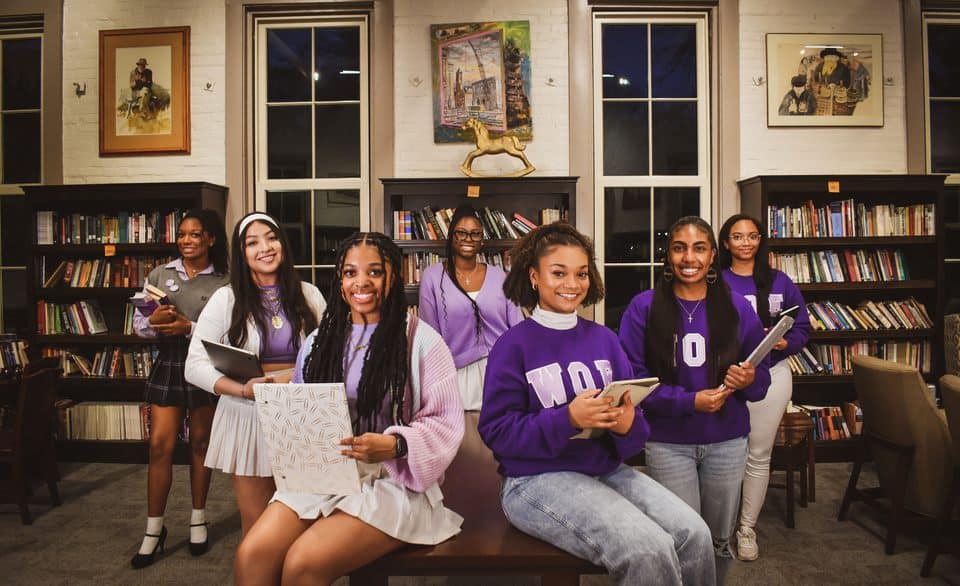As Christmas trees are decorated and Menorahs are lit, another celebration brings a different flavor to the holiday season. Kwanzaa was born in the midst of the civil rights era in 1966. After Martin Luther King Jr. died, Maulana Karenga, professor and chair of African Studies at California State University, wanted to reverse negative perceptions after all the riots and bring the African-American community together. This holiday is not religious, but instead unites all African-Americans through their common heritage and culture.
Kwanzaa revolves around Nguzo Saba, which is Swahili for “seven principles.” These principles are derived from African values embedded in its culture that serve to maintain family, community and self-growth. The holiday is traditionally seven days, each day celebrating a different principle.
Bill Foster, an adjunct instructor for the department of gender and race studies at The University of Alabama, is in charge of organizing the Kwanzaa festivities at the Christian Community Church. The celebration includes singing, speakers and various activities. Foster said the common misconception that Kwanzaa is religious takes away the true spirit of the holiday: unity of all African-Americans. This year, Kwanzaa will last from Dec. 26-Jan. 1.
“It’s not about one religion,” Foster said. “It is an opportunity for people of all kinds of backgrounds to get together and celebrate common values and community.”
Utz McKnight, chair of the department of gender and race studies at the University, does not celebrate Kwanzaa regularly but has participated in past celebrations. He said he recognizes the importance of this holiday and what it means for the African-American community.
“I think Kwanzaa provides an important community celebration and provides a time to reflect on the needs and accomplishments of the African-American community in this country,” McKnight said. “The celebration also connects African-Americans to the larger African diaspora and provides common principles to guide the community.”
Although Kwanzaa is not religious, Foster connects its values with his Christian faith. He still celebrates Christmas and incorporates Kwanzaa into his holiday celebration. The church takes these values and applies it not only to people’s African history and culture, but also to their spirituality.
“It enhances the holiday season because the values in Kwanzaa are very much the same as biblical values,” Foster said.
Foster has been celebrating Kwanzaa since he was in his 30s, while his wife Pamela Foster, associate director for the community and rural health institute at the University, grew up in a family that celebrated it. For them, Kwanzaa is a time to grow, reflect on the year, and recount goals for the next year. Both said they wish to maintain their heritage and African legacy and said it is getting lost in new generations. Pamela Foster said some people have a misconception that Kwanzaa is anti-American. Yet for her, this holiday further celebrates her identity.
“I’m a unique person with a unique history, but I’m still an American so I’m not anti-anybody,” Pamela Foster said. “I’m for my own history and I think people are intimidated by that. I’m still who I am, I’m just embracing my culture.”
Kwanzaa brings people together through this collective identity. Yet, as much as it revolves around community values, it is meant to strengthen individuals as well. Bill Foster said he learns something different through each principle.
“I grow every year seeing and feeling different interpretations with today’s society and the whole idea of self-determination,” Bill Foster said. “It’s important to understand that when we’re strong within ourselves, it makes us strong in our community.”

